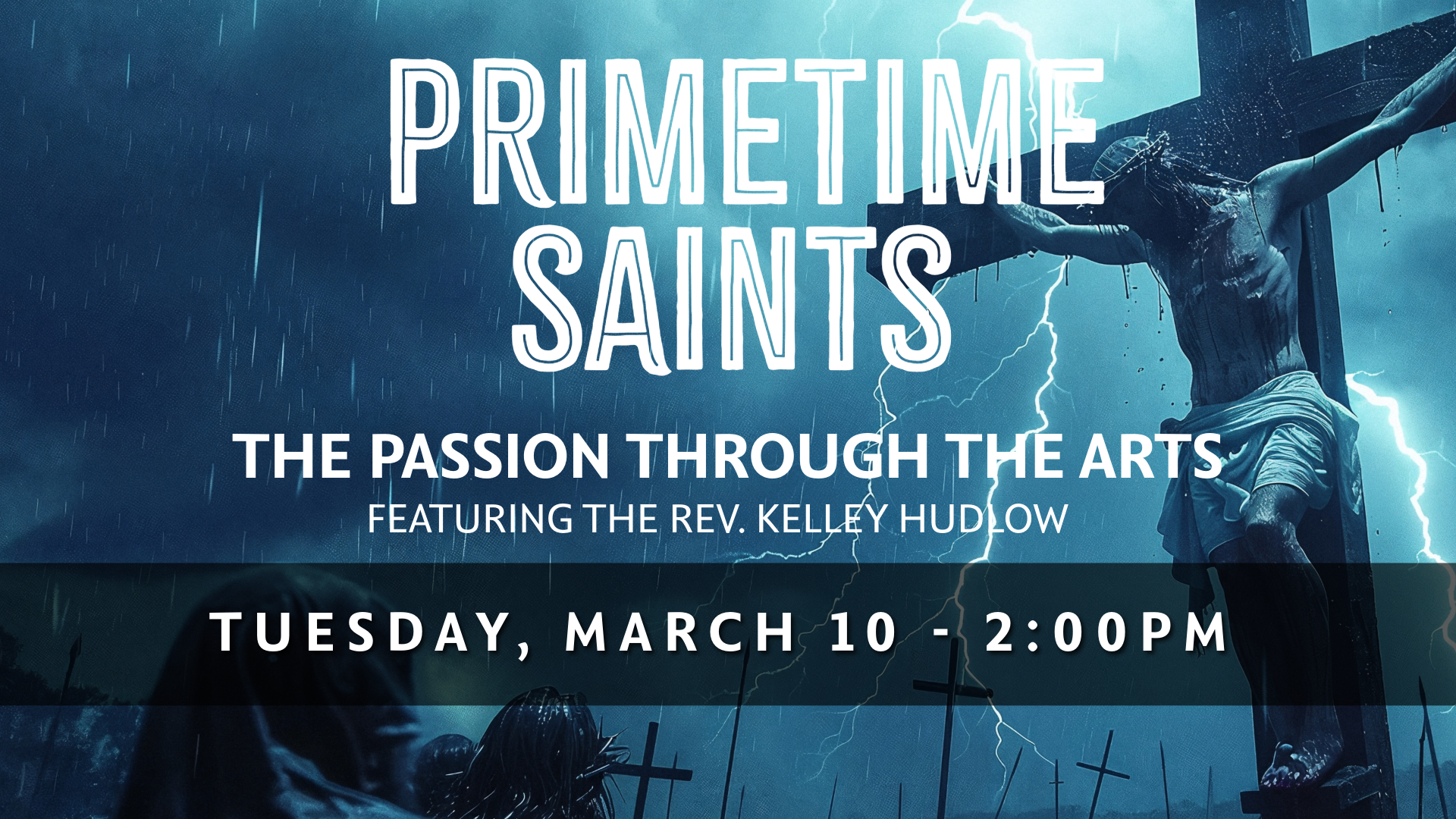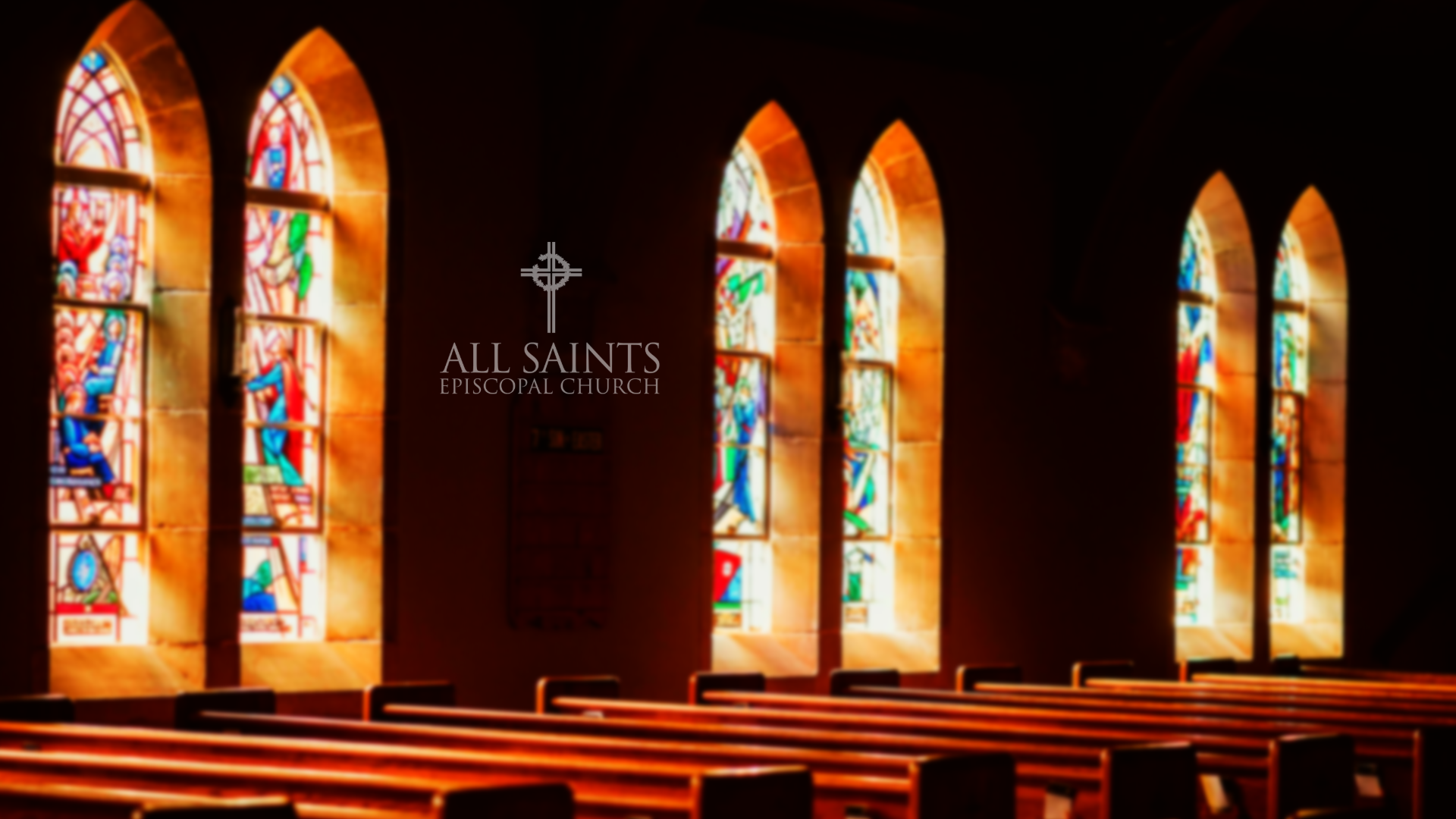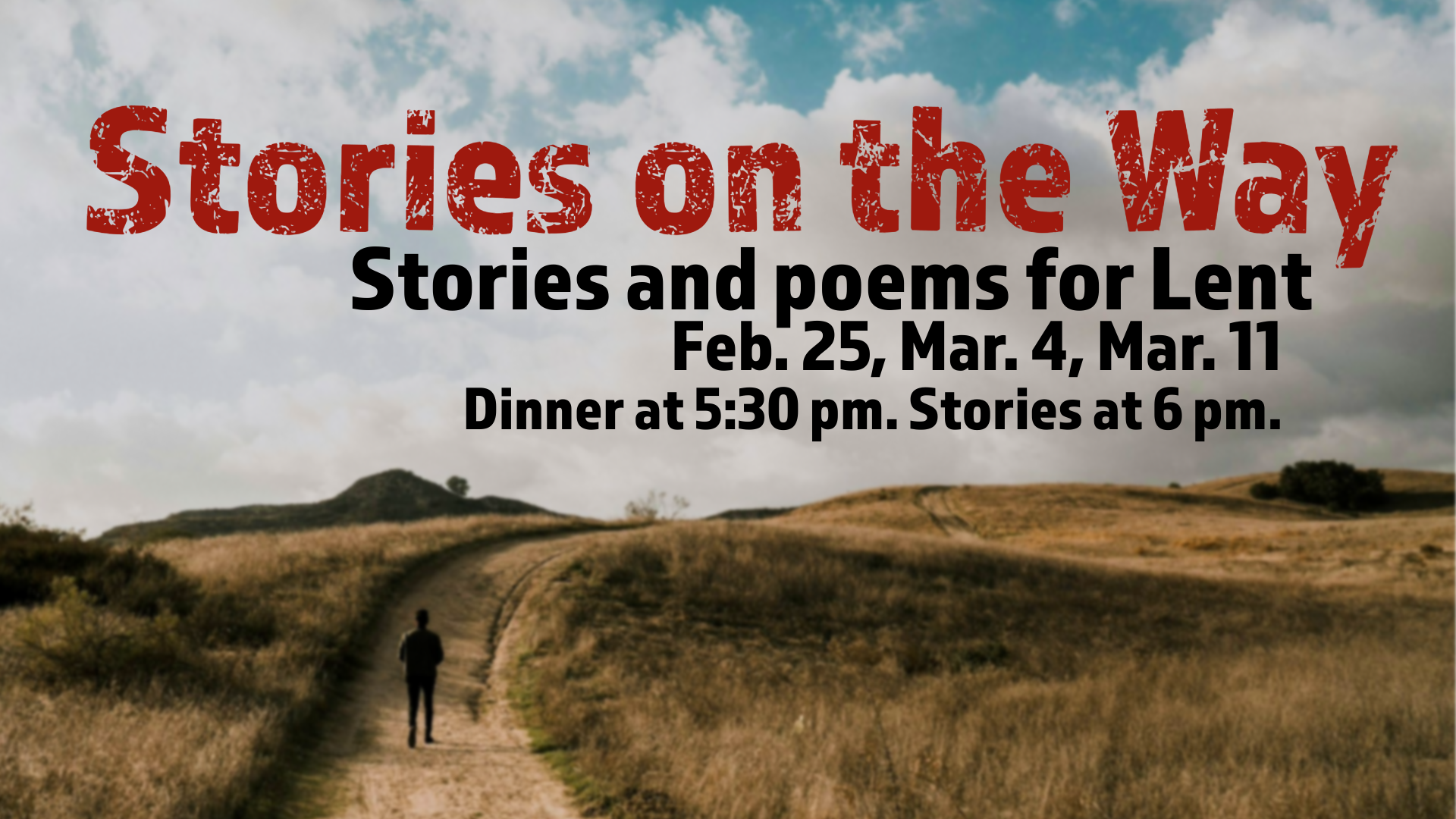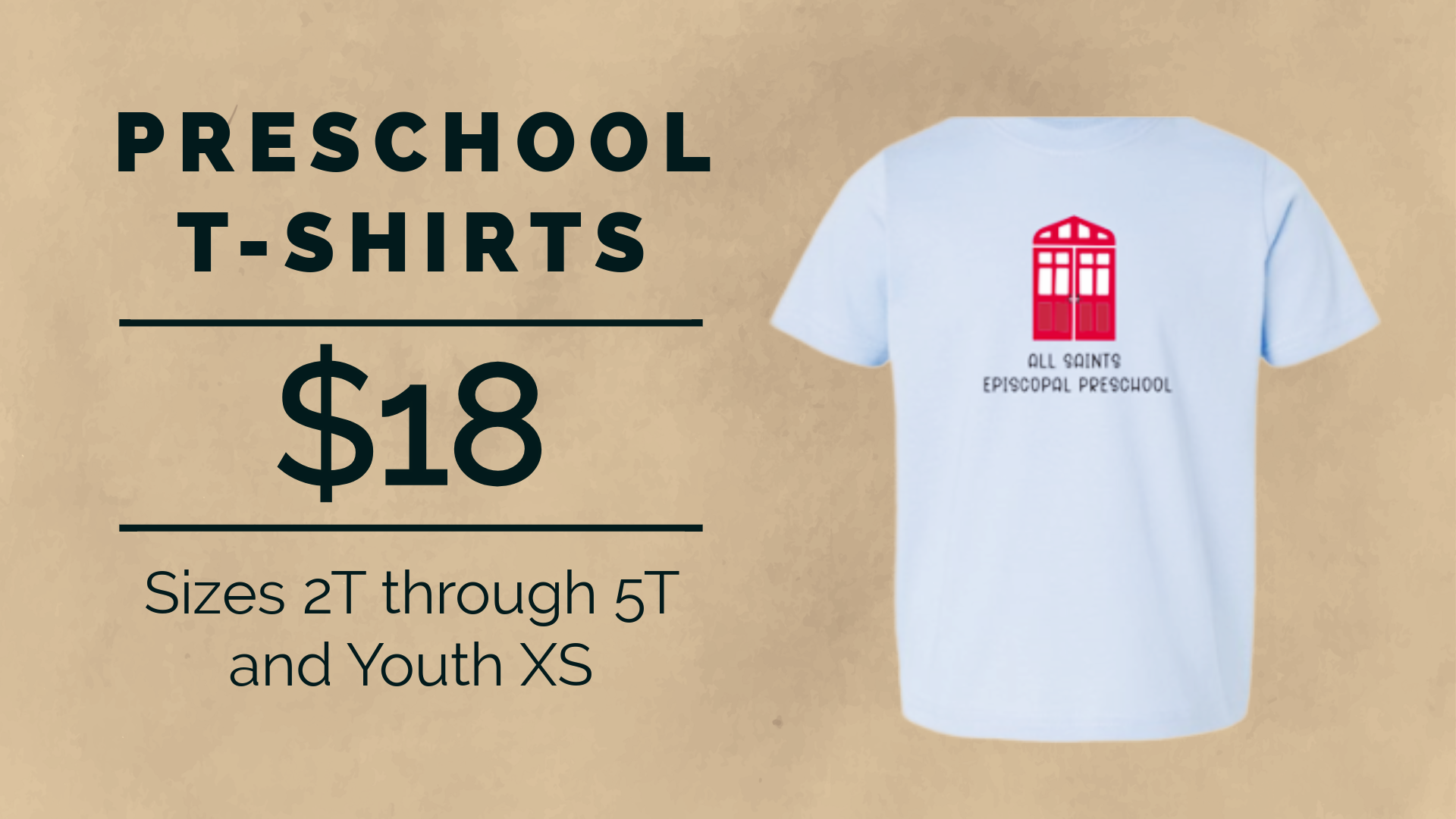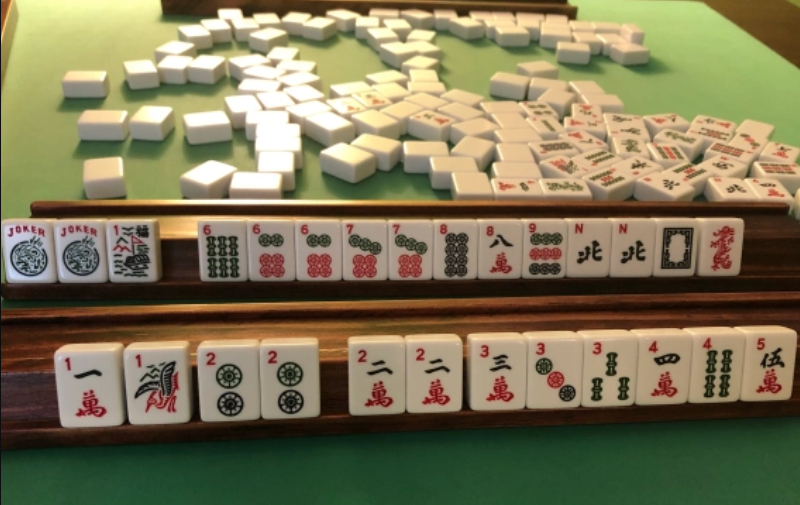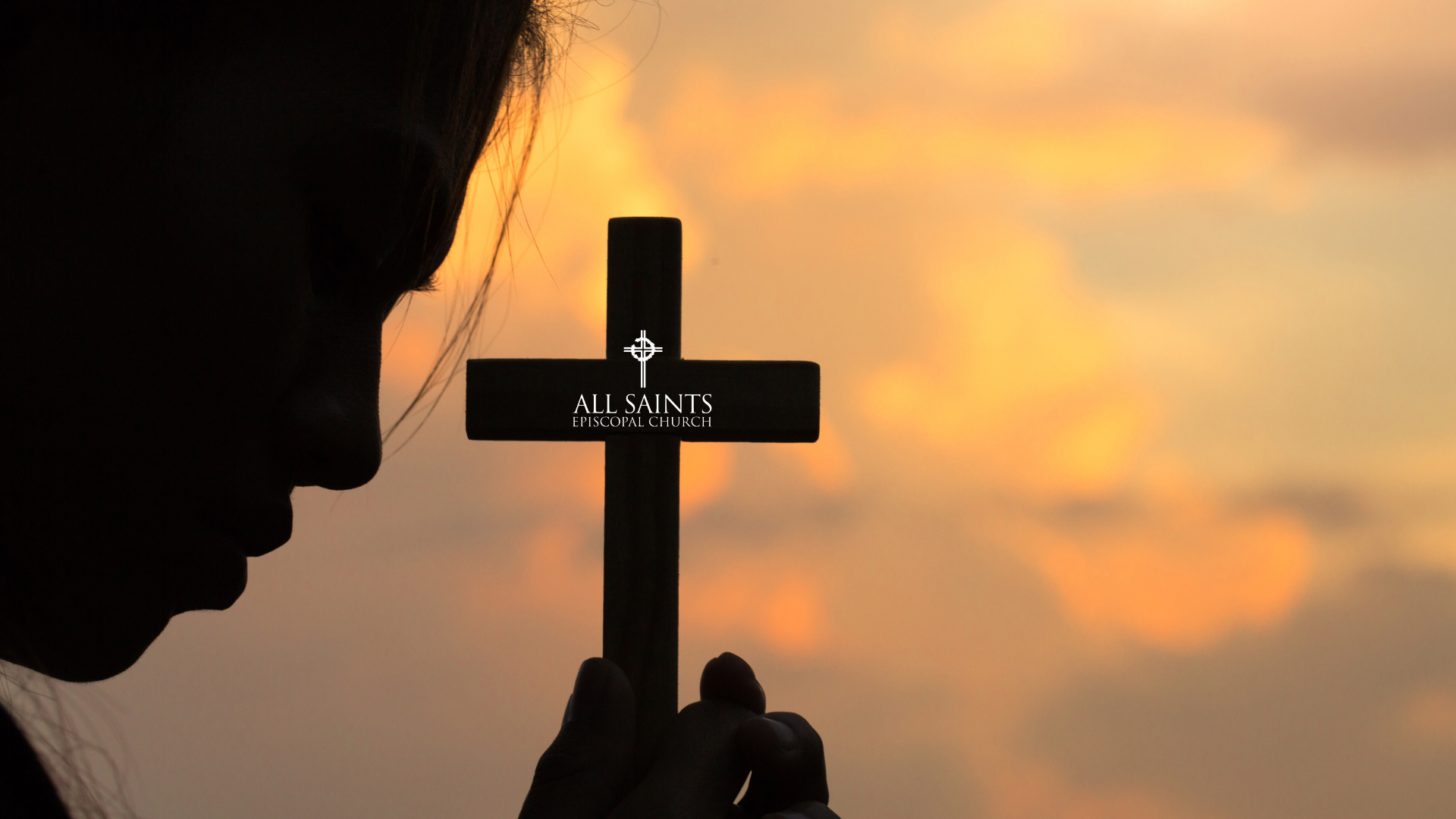What's in Your Wallet?
The Rev. Charles Youngson
Sermon
August 7, 2022
I remember one day during my freshman year of college, I decided to go for a
run on the campus jogging track. The thing wasn’t more than a quarter of a mile
around, so I figured my backpack, which had my wallet in it, would be fine
underneath a nearby tree. By the time I noticed it was gone, the thief had already
gone shopping at Best Buy with my credit card. Of course, I called the bank to cancel
my card. But as an 18-year-old male, my main concern was how I was going to eat
dinner that night. I had no cash or credit cards. I couldn’t write a check without a
driver’s license. And my card for the dining hall was also in my stolen wallet. I
learned some valuable lessons that day. First of all, don’t leave your valuables
unattended. But more importantly, I learned that friendship is much more valuable
than money.
My friend Mike kindly took me out to dinner that night. When we got to the
restaurant, I noticed it was really crowded for Tuesday night, and it seemed to be
mostly couples eating together. That’s when it hit me that I would have to swallow
my pride and let Mike buy me dinner on Valentine’s Day. I never forgot about
Valentine’s Day again. And I never forgot Mike’s generosity. We were each other’s
best men in our weddings. And we are still good friends to this day.
What’s in your wallet? That’s the question at the end of each Capital One
credit card commercial. They want us worried that we’re missing out on all the
benefits of having their card over whatever “substandard” card we currently carry.
It’s an effective ad campaign, mainly because it is such a catchy and thoughtprovoking
question. You can tell a lot about someone by what’s in their wallet.
What is it that I don’t leave home without? What do I choose to carry around
everywhere I go?
In one of my favorite Seinfeld episodes, Jerry and his friend George are sitting
at the coffee shop they frequent discussing wallets. Jerry is singing the praises of his
slimmed down wallet. George responds, “It doesn’t matter if it’s more comfortable,
it’s wrong.”
“Why?” Jerry asks.
“Because important things go in a case! You got a skull for your brain, a
plastic sleeve for your comb, and a wallet for your money.” At this point George
pulls out his four-inch thick behemoth of wallet. “I need everything in there,” he
tells Jerry.
Jerry starts to look through it: “Irish money?”
“I might go there.”
“Show this card at any participating Orlando area Exxon station to get your
free save the tiger poster?”
Exasperated, George grabs some Sweet ‘n Low packets from the table, stuffs
them in his wallet, and shoves the whole thing back into is pocket. The episode
revolves around George’s ridiculously overstuffed wallet versus the “European
Carryall” that Jerry ends up getting and which he insists is “not a purse.”
People didn’t carry wallets in Jesus’ time, but they did have purses for their
coins. In our reading from Luke today, we hear Jesus saying, “Make purses for
yourselves that do not wear out, an unfailing treasure in heaven, where no thief
comes near and no moth destroys.” What did people in those days do with their
money? There were some rudimentary forms of banking and investing in that time,
but mostly people carried their money on their person or hid it in the ground or
bought something of value with it that couldn’t be easily stolen like land or animals.
Jesus speaks about money a lot in the Gospels, more than he speaks of holier
topics like prayer or faith. Of his forty recorded parables, eleven of them concern
money in some way. In this lesson from Luke, Jesus explains why. He tells the
disciples, “For where your treasure is there your heart will be also.” Jesus
understood that how we use our money reveals a lot about our inner life. He is in
effect asking us, “What’s in your wallet?”
I don’t know about you, but when I put my wallet, my car keys, and cell
phone into my pockets before leaving the house, I feel powerful. And compared to
most of the people who have ever lived, I am quite powerful. Just think, people used
to risk their lives and sail around the world to find spices like nutmeg. Whereas
today, if I wanted to, with nothing more than what’s in my pockets, I could get in my
car after church, drive to the airport, and buy a ticket to Hawaii or Alaska. And
while I waited for my flight, I could watch a movie on my phone and even sprinkle a
dash of nutmeg in my latte made from coffee grown in Ethiopia or Indonesia.
And yet, as powerful as modern people are with our wallets and cell phones,
we just have to look at the news to realize how vulnerable we really are. What’s in
my wallet can’t do all that much to protect me from random violence, disease,
accidents, or environmental disaster. And for people without thick wallets, that
becomes even more of a reality.
You could say that our basic human condition is one of vulnerability:
physical, emotional, mental, and even spiritual vulnerability. The world can be an
uncertain and fearful place at times. If anything can go right, then it can also go
wrong. What do we do with that knowledge? Do we deny it and pretend it’s not
true? Do we crouch in fear, afraid to leave our homes? Do we arm ourselves and
fight for survival? Jesus offers another path. “Do not be afraid, little flock,” he tells
the disciples. “For it is your Father’s good pleasure to give you the kingdom.” Even
though the people of his time lived in even more precarious circumstances than we
do, he tells them, “Don’t be afraid.” If anyone could clearly see the dangers inherent
in this world, it was Jesus. So how can he reassure them in this way?
He can say this because he knows his Father’s will. He knows God’s good
intentions for humanity. As we read in Jeremiah, “For I know the plans I have for
you,” declares the Lord, “plans to prosper you and not to harm you, plans to give you
hope and a future” (Jer. 29:11). Jesus sees the world differently. Jesus sees strength
hidden within vulnerability. He sees the eternal hidden within the temporal. He
sees the future hidden in the present.
It’s human nature to focus on externals, to focus on what’s right in front of us,
the immediate problem at hand. We wouldn’t survive long without this instinct. But
Jesus calls us to a higher vision. He calls us to look to a further horizon beyond the
things of this world. He calls us to a higher purpose. But in order for us to be able to
set aside our fear and live lives of love and hope, well, that requires a secret
ingredient, something no credit card can purchase. That requires faith. The author
of Hebrews tells us, “faith is the assurance of things hoped for, the conviction of
things not seen” (Hebrews 12:1). Then he reminds us that the foundation of our
religion is the faith of our ancestor Abraham and his willingness to trust in God’s
promises. It takes faith to trust that God is at work in our lives and in the world
around us, especially when we come face to face with tragedy.
We live between two worlds, two kingdoms. We live between how things are
and how they one day will be. Jesus teaches that during these in between times, our
attitude should be one of hopeful expectation. As one theologian put it, this passage
from Luke focuses “not so much on the end times as on the end ways.” We are to be
ready and alert, not out of fear of punishment, but in hope of blessing. For it is your
Father’s good pleasure to give you the kingdom.
While George Costanza is far from the most admirable character ever to
appear on TV, he does offer us some words of wisdom in this episode. Important
things go in a case. But he fails to follow his own advice by stuffing a bunch of
unimportant things into his wallet. Wallets invite theological reflection because
they are so symbolic. The wallet itself symbolizes our worldly power. The cards
and bills in there don’t have any intrinsic value. They, too, are symbols. They tell
the world something about who we are, that is, who we are on the surface.
You could think of the outward elements of your life in this world as your
wallet, the case that holds what’s really important. Caring for and protecting the
case is important, but not nearly as important caring for what’s inside. The outward
dimension of life, from the things we own to the very bodies we inhabit, none of
these things last forever. Like an old wallet, everything wears out eventually. But
your true self is eternal. We ought to have an ID card in our wallets that tells the
world who we really are, that says “Child of God, Heir of the Kingdom.” It certainly
wouldn’t get you through the TSA line at the airport, but the truth of what it
represents would get you to a far better destination. So, ask yourself what’s in your
wallet? And then make sure you are carrying around what really matters.
More Announcements
